October 25, 2019
Tanja Kovac, certified caring economy advocate and gender equity leader in Australia, recently got in touch with CPS to update us on her political advocacy work. Working with the late Fiona Richardson, Tanja was responsible for overseeing Victoria?s strategic family violence prevention and gender equality agenda, including creating the Victoria?s first Gender Equality Strategy. In this letter, excerpted from recent communication with Riane Eisler, she shares some of her personal journey and advice for women active in policy and gender advocacy (hint: self-care!). Thank you Tanja for your inspired leadership and all you do to advance the caring economy and partnership movements.
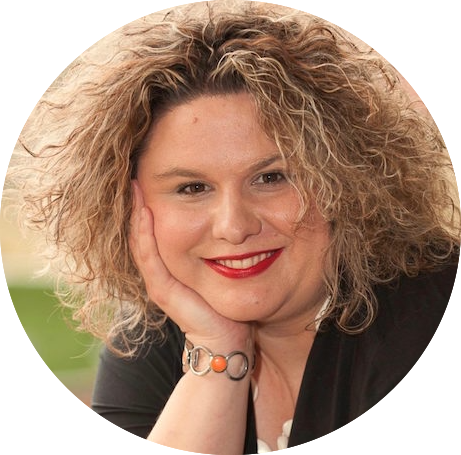 In 2017, while working full-time as Chief of Staff to Australia?s first Family Violence Prevention and Women?s Minister, Fiona Richardson, I graduated from CPS? Caring Economy Advocates Program. As a consequence of my experience in the course and my commitment to care economy advocacy, I undertook a range of projects to advance the issue in Australia, using my position of influence to:
In 2017, while working full-time as Chief of Staff to Australia?s first Family Violence Prevention and Women?s Minister, Fiona Richardson, I graduated from CPS? Caring Economy Advocates Program. As a consequence of my experience in the course and my commitment to care economy advocacy, I undertook a range of projects to advance the issue in Australia, using my position of influence to:
1. Train women members of the Australian Labor Party in the concept of the Care Economy at the National Labor Women?s Conference 2017
2. Successfully advocate for the re-funding of the Australian Bureau of Statistics to undertake Time Use Surveys into the prevalence and value of time spent caring for children, aging loved ones, the household and community. This infrequent survey had been cut completely at a national level and I successfully advocated to ensure that the Labor party committed to its reintroduction if elected in 2019. Because of my advocacy, and those of other women, the ALP pledged to fund Time Use Surveys with the sum of $14M AUD. Sadly, they recently lost the federal election leaving the ongoing funding of Time Use Surveys in doubt.
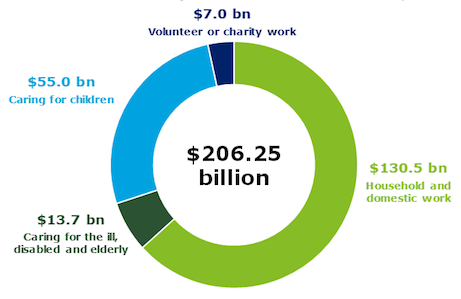
3. Fund Research through the Victorian State Budget into the value of the Care Economy in the State of Victoria. This investment of $300,000 AUD in 17/18 Budget resulted in the production of Deloitte Access Economic?s Report ?Modelling the Value of Unpaid Care? which was undertaken on behalf of the Office of Women and DHHS. This report valued the unpaid care economy in Victoria at $206B AUD (replacement value). I suspect it also had an impact on Deloitte?s competitor PWC producing its own research (Understanding the Unpaid Care Economy Report). I was thrilled to read Riane Eisler’s Bretton Woods presentation and see Riane mention the PWC Research which valued the total Australian care economy at $345B AUD.
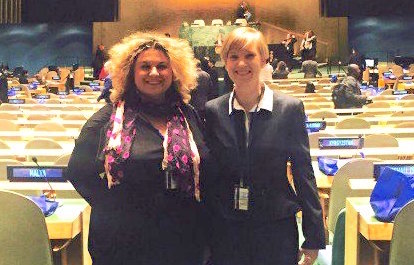
I have been meaning to write to tell you all of my advocacy and its impacts for some time, but the fact is I have had somewhat of a difficult time of it. The Minister I worked for tragically died of breast cancer while in the job. I can?t help but think that my strong advocacy of feminist economy theory has been a large part of my sidelining. You can read a little about the work Fiona Richardson and I did together in this tribute I wrote shortly after her passing.
Grieving the loss of a strong sponsor has taken up some of my time over the last 18 months?I needed a long service leave from gender advocacy to recover?but I am now back into it trying to influence policy and debate strategically again. I have taken up a position as Senior Research Fellow for Gender Equity at PerCapita, a progressive think tank, and am thinking of undertaking a PhD. I?ve also restarted my small business mentoring and supporting women leaders and NGOs. My current research at PerCapita is focused on developing a gender equality dashboard for Australia (which we don?t have and is causing us to drop further and further down the WEF Global gender Gap Index). As I see it this is the first step on the way of socializing the idea of Riane Eisler’s Social Wealth Economic Indicators (SWEIs).
Self-care is a radical part of my journey towards creating a gender equal world.
I attended CPS? September, 2019 Safe Conversations webinar because I wanted to understand how I can continue to advocate for gender equality and the care economy without terrifying people. It is easy for women leaders to be typecast as humorless feminists and terror inducing witches. Challenging adversarial ways in which we communicate about complex policy issues is important to me.
Advice I Offer Women
Gender equality advocacy requires sustained work. The World Economic Forum predicts global gender equity is over 100 years away. So staying healthy and having high levels of self-care are important for gender equality advocates. I couldn?t sustain my commitment without a routine of yoga, massage & mindfulness! Following the loss of my feminist mentor from breast cancer, I understand that gender equity is a marathon not a sprint and that self-care is a radical part of my journey towards creating a gender equal world.
Read more about Tanja?s work at womensagenda.com.au
Contact Tanja: tanjadavid@bigpond.com
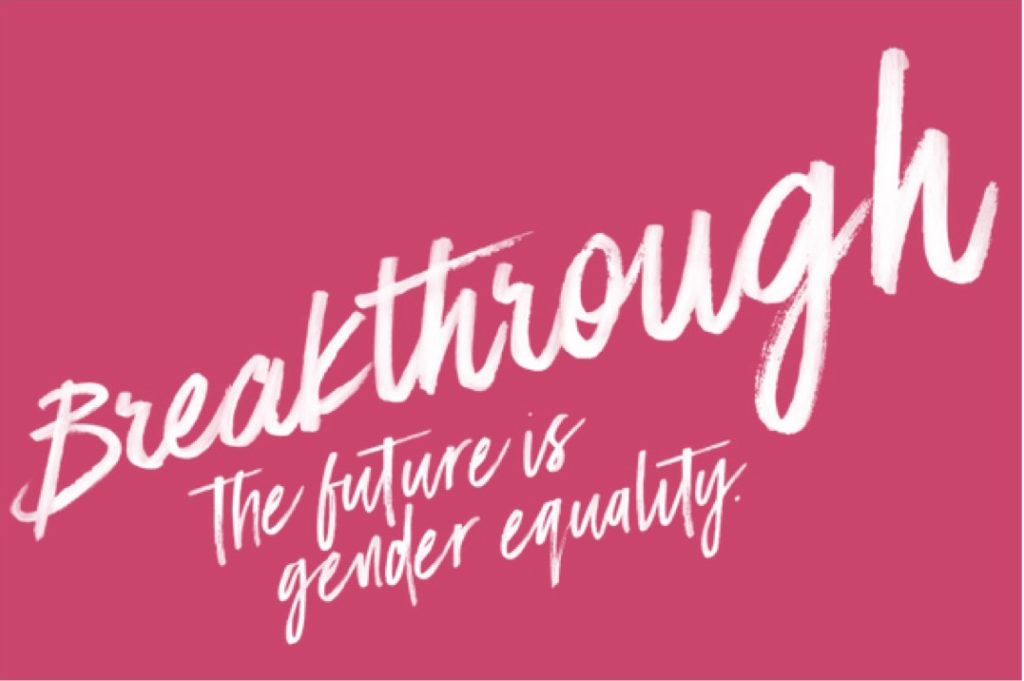
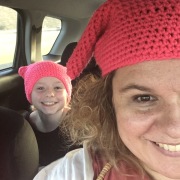 Tanja Kovac is a gender equity leader, writer, lawyer and director/national co-convenor of EMILY?s List Australia. She began her career as a lawyer at Slater & Gordon acting in a number of high-profile human rights cases, including as part of the legal team assisting Amnesty International in the MV Tampa case.
Tanja Kovac is a gender equity leader, writer, lawyer and director/national co-convenor of EMILY?s List Australia. She began her career as a lawyer at Slater & Gordon acting in a number of high-profile human rights cases, including as part of the legal team assisting Amnesty International in the MV Tampa case.
After several years managing small human-rights-based NGOs, she is now director of her own communication, leadership and justice consultancy, Kovac & Co, working with NGOs on political framing (the cognitive and linguistic tools politicians use to shape public debate and influence voters). In 2017, she was Chief of Staff to Australia?s first Family Violence Prevention and Women?s Minister, Fiona Richardson.
Currently she serves as consulting CEO to Gender Equity Victoria. Tanja?s writing has appeared in the Age, the Daily Telegraph, the Australian, the Canberra Times, The Punch and Crikey.



Leave a Reply